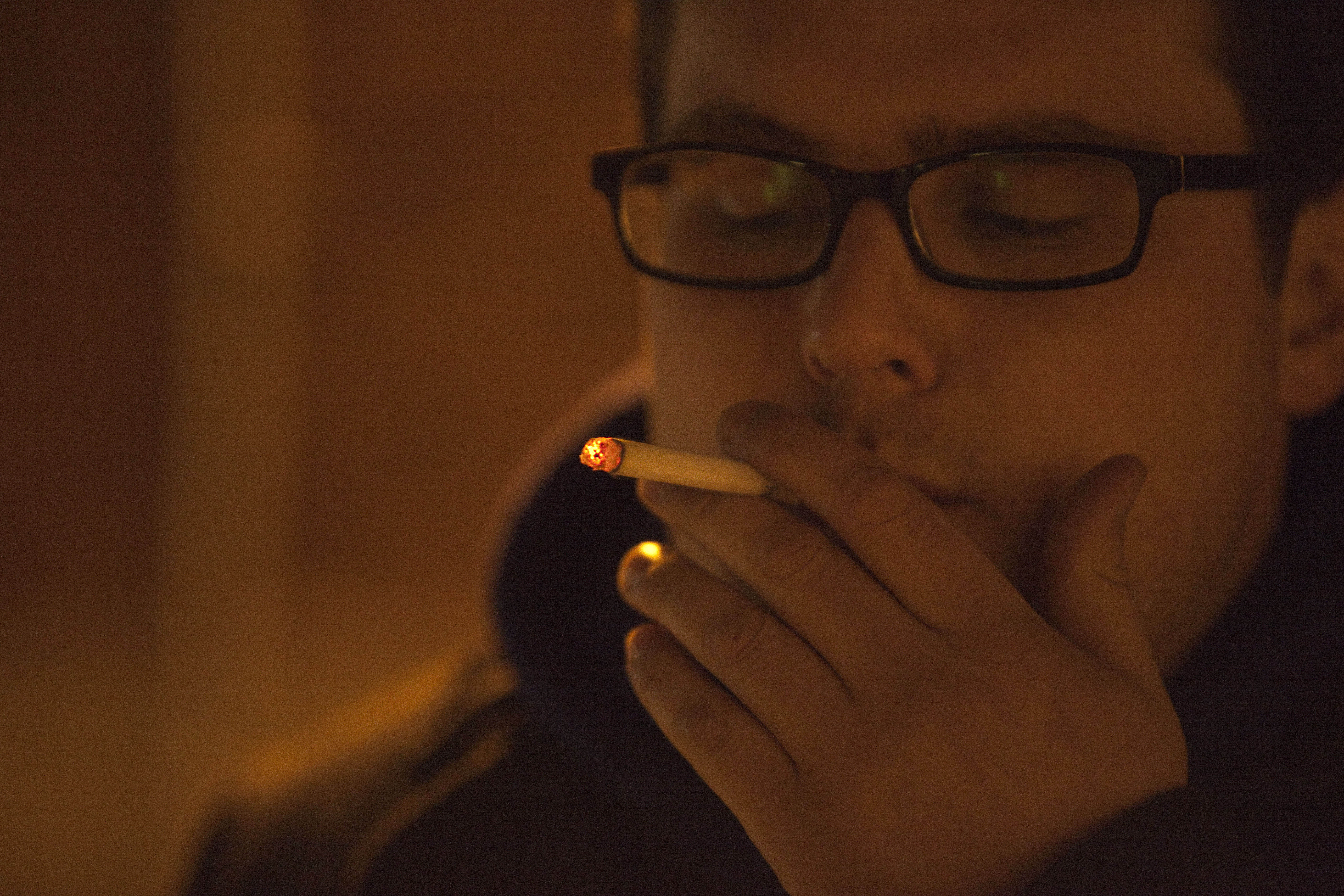Smoking ban a product of public health care


A few weeks ago, I came across a plan by the City of Waterloo to ban smoking in public places. It’s not exactly groundbreaking — there are plenty of federal, provincial and municipal smoking bans — but it reminded me of how overbearing our society can be.
Smoking is not, of course, a very nice habit. It’s not healthy, for the smoker and those nearby, and it has negative side effects for your personal hygiene and finances. Cigarettes are filled with chemicals designed to be addictive and the industry is about as scummy as it gets.
I must stop, however, to defend other tobacco products which the ban will also likely effect. Pipe and cigar smoking is generally healthier than cigarette smoking, and both get lumped in needlessly with cigarettes.
There are negative effects but most valuable studies about occasional pipe or cigar smokers show little to no difference, health-wise, from non-smokers. That rarely matters, though. There’s a common knee-jerk reaction to pretty much any tobacco products. The Surgeon General’s Warning in the United States advises that pipe tobacco is not a safe alternative to cigarette smoking — except that it kind of is, so long as one is a casual smoker.
When I started smoking cigars and, later, pipe tobacco, few people understood that there was any difference. I remember a lovely conversation in which someone insisted that cigars were as chemically modified as cigarettes.
The government seeks to ban tobacco products out of a ‘friendly’ desire to stop harm to ourselves. I figured that this kind of paternalism was dead, but never give the state too much credit, I suppose.
The proposed ban affects public areas, and if we accept that public property ought to exist (and that the state itself ought to exist) then the government does have a right to ban smoking there. Public property is supposed to be inclusive, but given the dangers of second-hand smoke some exclusion is reasonable.
The problem is that the state monopolizes most forms of public property, so if someone wants to found a park where smoking is allowed, you’re out of luck. The biggest problem with smoking bans is that a public health care system makes them perfectly just.
Most would agree, I think, that smoking is something that adults have some right to do, at least in their own home. It’s a choice. But in a country where the health system is meant to serve without discrimination, can we respect this right?
One of the major problems with public health care is that it gives the government a pretty reasonable right to limit citizens — for their own good, of course. If the state is to pay, at least partially, for your lung cancer treatment, does it not have the right to limit your access to tobacco products?
It seems pretty difficult to argue for any personal choice laws when the state is the provider of health care. Legalizing drugs is a hard case to make when taxpayers must, if drugs become legalized and normalized, pay for drug-related injuries. Treatment programs, covered partially by the public health system, would also have to be discussed.
The public health care system removes disincentives for bad or unhealthy behaviour. Smoking is probably something you shouldn’t do — but with your treatment subsidized, what is the incentive to stop?
Smoking bans are dangerous because they establish grounds for an eventual universal smoking ban. And public health care is dangerous, in part, because it legitimizes that kind of paternalism.


